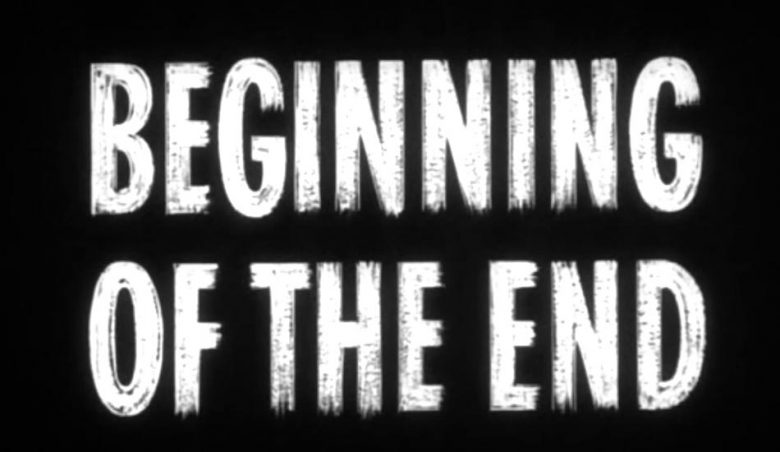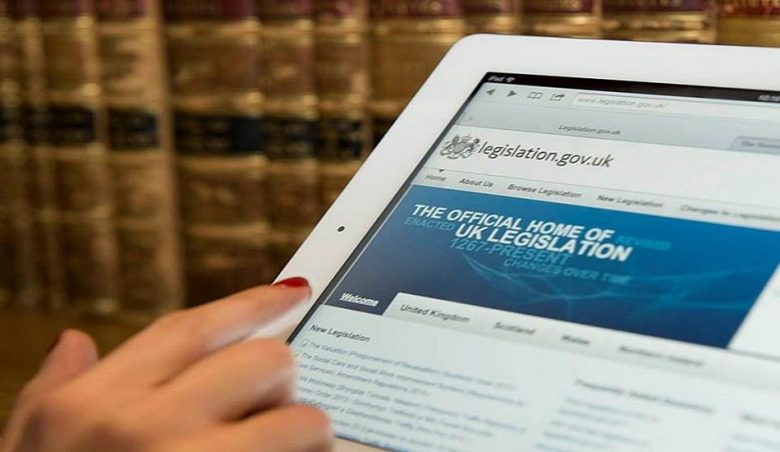It is currently Reading week – a time to read. Yeah. Or something like that.
In addition to reading, we have been set a short assignment to comment on a case we have been looking at in Constitutional & Administrative Law, an assignment I have just completed and am now going to republish here:
Read the Court of Appeal decision of Brooke LJ, and the House of Lords decision of Baroness Hale, in Begum v Denbigh High School. In your opinion, how should this case have been decided and why.
The UK is not secular – throughout the country there exist schools run by the church, Religious Education is part of the national curriculum and religious dress is often incorporated into uniform policy. Indeed, the history of the UK revolves around religion and the influence of the Church of English, and now increasingly the religious beliefs of a wide variety of faiths. In contrast, the United States (and many countries in Europe) operates a secular educational system to allow the state to appear neutral. However, despite this, an interesting paradox exists in that the US “is now the most religiose country in Christendom, while England is among the least”[1] . This is particularly the case when the President of the USA himself openly states that “he [is] driven with a mission from God”[2] which goes against the original non-religious founding beliefs of the American government.








